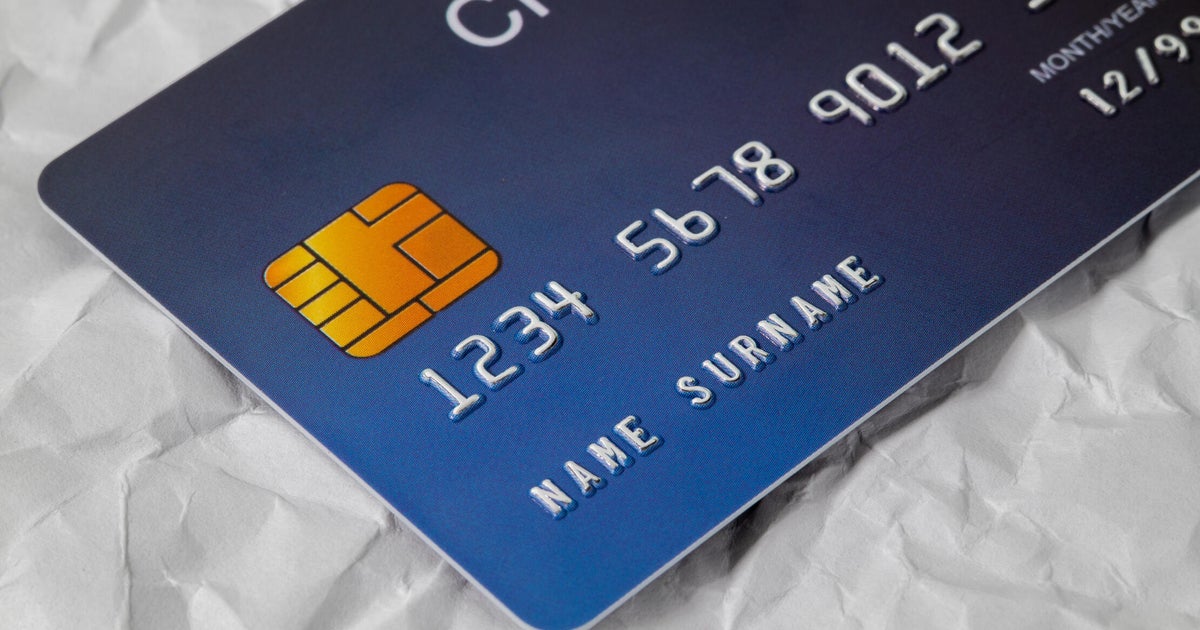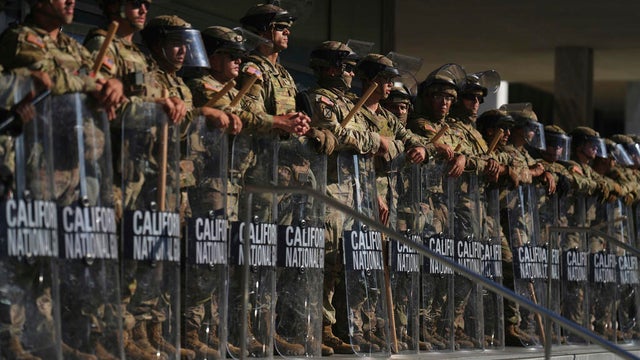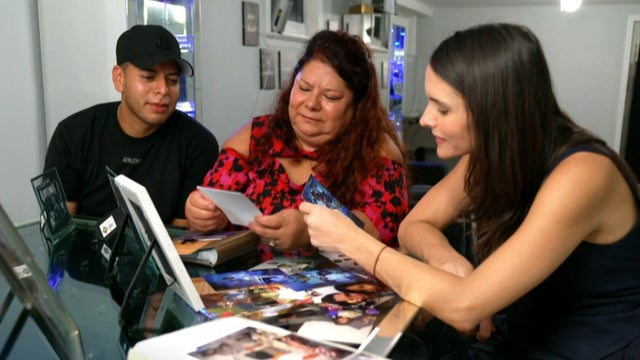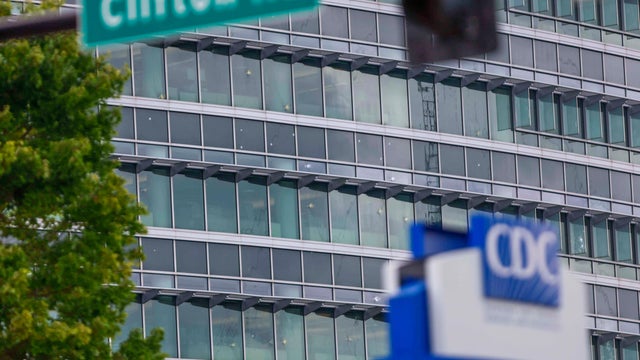

No response returned

Americans are leaning on credit cards more than ever as ) continues to drive up the prices of necessities and strain household budgets. According to recent data from the Federal Reserve, the total amount of credit card debt , and the number of has also been climbing. Those types of issues are clear indicators of not just how reliant people have become on their credit cards, but also how difficult it's become to manage credit card debt in today's tough economic landscape.
But maxing out your credit card is a dangerous path to take, especially if you're relying on this type of short-term borrowing to fill in the gaps between your expenses and your income. And, if you hit your credit limit and then realize you , you could find yourself in even bigger financial trouble. All it takes is missing a payment (or two) for and the to kick in, making your debt even more expensive.
Fortunately, there are strategies you can use in these situations to help regain control of your finances. So, what exactly can you do if you've maxed out your card and can't pay it off? That's what we'll examine below.
.
If your credit card balance has hit or exceeded your credit limit and you aren't sure what to do, here are the steps you may want to take:
It might feel uncomfortable, but one of the first things you should do if you're maxed out and can't pay is contact your credit card issuer. Explain your situation honestly and ask if they . Many lenders have internal programs that can temporarily reduce your interest rate, waive late fees or adjust . Access to these programs is not guaranteed, but in many cases, simply asking can lead to some relief, especially if you've been a responsible borrower up until now.
.
Once you've hit your credit limit, using your card again will likely trigger over-limit fees (if your issuer allows it) or declined purchases. Continuing to spend can also make your financial hole deeper, an issue that you want to avoid if at all possible.
So, if you're relying on that card for daily expenses, stop using it, even if your card issuer allows you to continue making charges. If you can't pay cash for what you need, it may help to look for alternative resources, like assistance programs, freelance work or side gigs, to float you until things stabilize.
Even if you can't , making something, even a partial payment, can help you avoid steeper penalties. You should also take a close look at your income and spending and prioritize your most urgent financial obligations. Cut out or reduce non-essential expenses like subscriptions, dining out or shopping, and redirect that money toward your credit card bill whenever possible.
If you've maxed out your card and genuinely don't see a way to catch up on payments, it may be time to consider . Here are a few to look into:
Financial setbacks happen, but they don't have to define your future. While maxing out your credit card when you're unable to pay it off may be stressful, the good news is that there are options. And, while finding the right strategy is important, how quickly you take action is equally crucial. Whether that means negotiating with your card issuer, cutting expenses to free up cash, or enrolling in a debt relief program, the sooner you act, the more control you'll have over the outcome.





